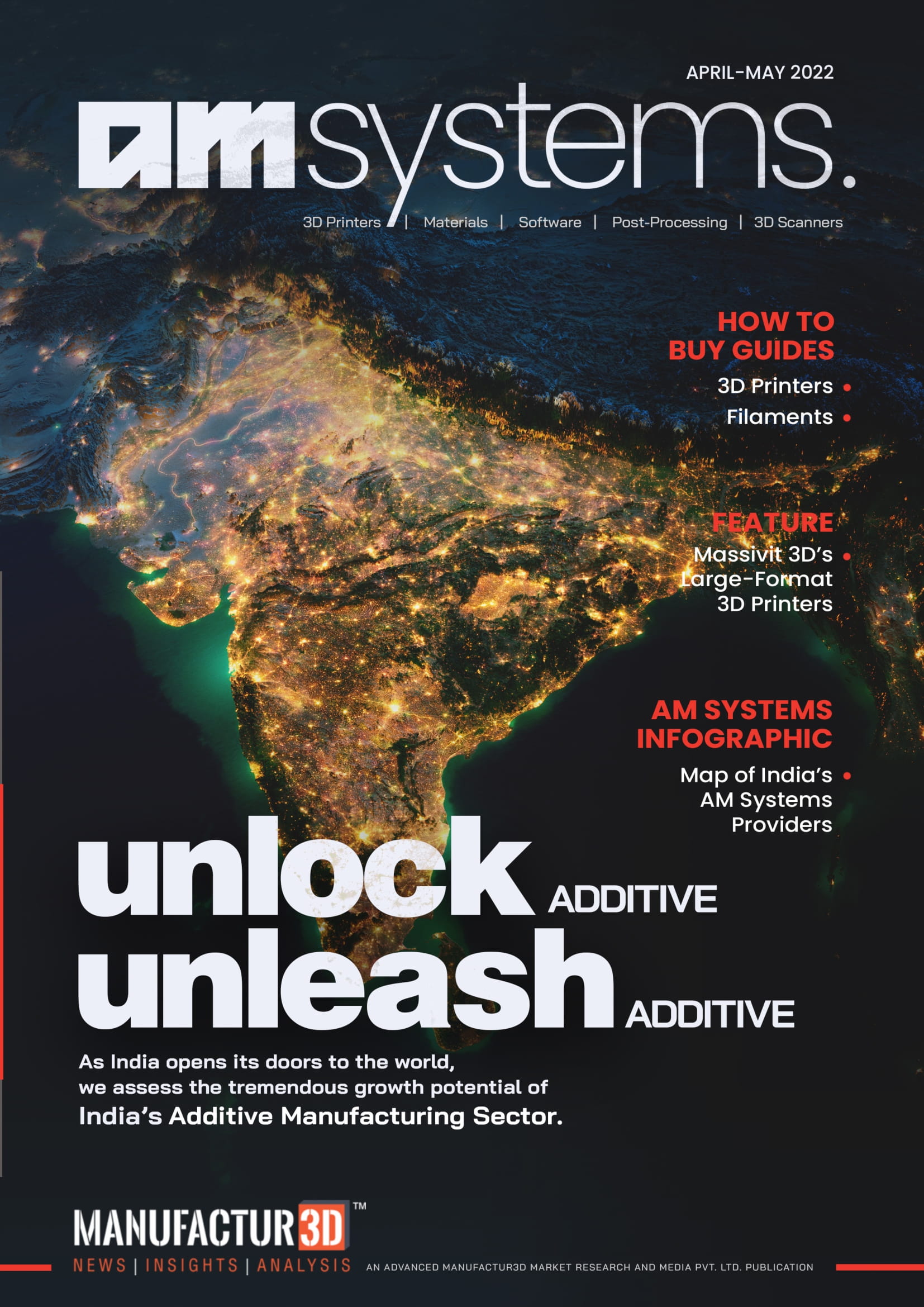
igus®, the global leader in motion plastics, is expanding its 3D printing services with the introduction of iglide i10, a new laser sintering material for 3D printing of chemical-resistant tribo-components. This new material can be used in machines that use selective laser sintering (SLS).
Because the new material is resistant to acids, bases, alcohols, and greases, it can be used in industries such as electroplating and food processing.
Igus’ new laser sintering material is also notable for its high ductility and low moisture absorption. The iglide i10 material is ideal for lightweight, elastic industrial functional components.
High Food Safety: The Laser Sintering Material is FDA-compliant
The new printing material has a wide range of applications. 3D-printed components in electrolytic baths for coating processes must be acid resistant; otherwise, defects and system failure are possible.
“However, the new material is also interesting for applications in the packaging and food industries. This is because we are one of the few manufacturers to have laser sintering printing materials certified in accordance with the U.S. Food and Drug Administration (FDA) specifications.”
– Tom Krause, Head of Additive Manufacturing at igus
The new material also complies with EU Regulation 10/2011, which certifies that it is non-toxic when in contact with food.
iglide i10 for In-house 3D Printing Service
The new laser sintering material will also be available through igus’ in-house 3D printing service. Customers can upload a STEP file containing the 3D model of the desired component online and choose the quantity and printing material.
igus will then use selective laser sintering to create the self-lubricating and maintenance-free elements. On a building platform that is lowered layer by layer, a laser fuses wafer-thin powder layers of the material. The component is built up in stages.
Krause added, “The process has the advantage that it requires no tools and is significantly more cost-effective and faster than traditional processes such as injection molding. This is especially true for prototypes and small production volumes.”
As a result, the customer may receive the 3D-printed component five days after placing the order with igus.
About Manufactur3D Magazine: Manufactur3D is an online magazine on 3D Printing. Visit our Tech News page for more updates on Global 3D Printing News. To stay up-to-date about the latest happenings in the 3D printing world, like us on Facebook or follow us on LinkedIn and Twitter.



